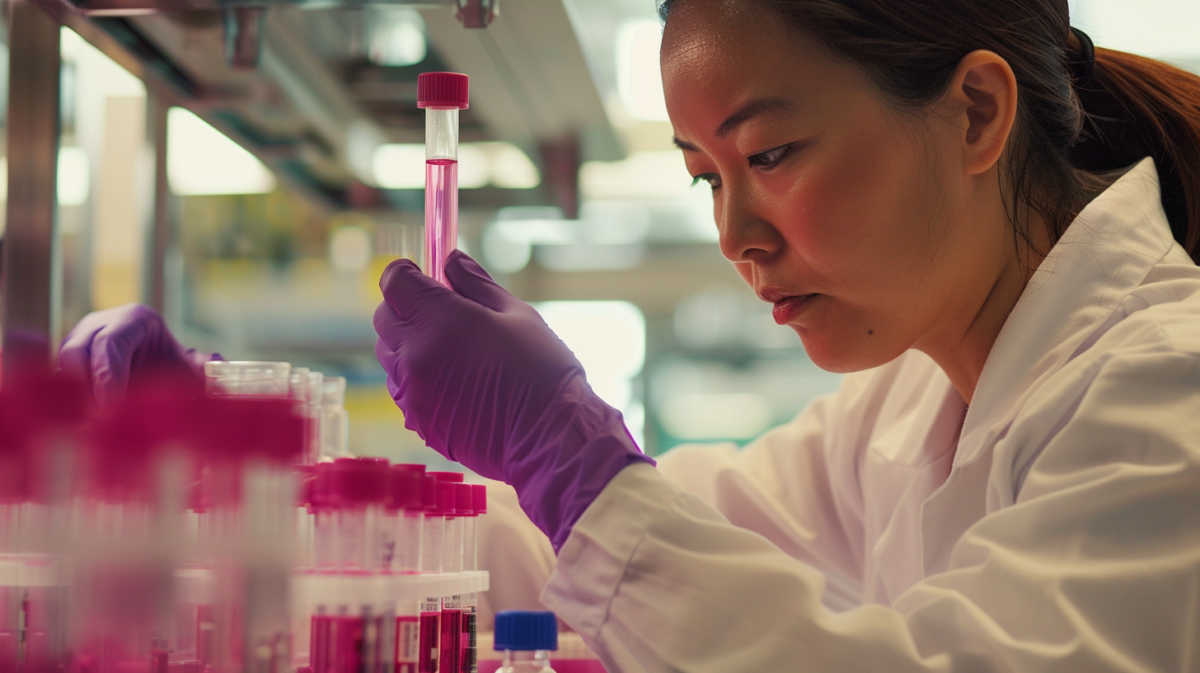Biotechnology is at the forefront of scientific innovation, merging biology with technology to solve some of today’s most pressing challenges. As we face global issues such as health crises, environmental concerns, and the need for sustainable solutions, careers in biotechnology offer not only a chance to participate in groundbreaking work but also a pathway to personal and professional resilience.
The Promise of Biotechnology
Biotechnology harnesses cellular and biomolecular processes to develop technologies and products that help improve our lives and the health of our planet. From pharmaceuticals to agricultural advancements, biotechnologists are key players in developing solutions that can heal, fuel, and feed the world.
Career Paths in Biotechnology
Careers in this field vary widely, encompassing roles in research and development, quality control, clinical research, manufacturing, and regulatory affairs. Whether you’re a scientist in a lab developing new medicines, a quality assurance specialist ensuring product safety, or a clinical research manager overseeing trials, the opportunities are vast and varied.
The Educational Journey
Entering the biotechnology industry typically requires at least a bachelor’s degree in a related field, such as biology, chemistry, biochemistry, or biotechnology itself. Advanced positions may require a master’s degree or Ph.D., along with specialized training depending on the sector (pharmaceuticals, agriculture, biofuels, etc.).
Overcoming Challenges
Like any field, biotechnology presents its challenges. The path can be competitive, with the need for continual learning and adaptation to new technologies and regulations. However, the rewards can be significant. Innovating solutions that impact global health and sustainability offers profound job satisfaction and a sense of personal triumph.
Linking to Broader Career Challenges
The journey in biotechnology, with its ups and downs, mirrors the broader challenges faced by professionals today, as discussed in the article “Shock, Tears, And Triumph: The Unseen Battle Of Job Loss and The Heroes Who Help” on London Outplacement. This piece reflects on the emotional and practical struggles of job loss and the critical role of support systems in overcoming these hurdles.
Just as outplacement services guide individuals through the turmoil of job loss to new opportunities, a career in biotechnology is a journey through the complexities of scientific innovation, offering a chance to emerge victorious in making a tangible difference in the world.
Conclusion
A career in biotechnology is more than just a job—it’s a commitment to making a difference through science. As we continue to face global challenges, the biotechnology sector not only offers a promising career path but also a chance to contribute to a healthier, more sustainable future. Whether navigating the aftermath of job loss or seeking a purposeful career shift, biotechnology presents opportunities for both personal and professional triumph.
